Expert Tips: Does Teeth Whitening Have Any Side Effects?
Explore the potential side effects of teeth whitening with Double White. Our expert tips provide insights into common concerns and how to mitigate them. From tooth sensitivity to gum irritation, learn the facts before enhancing your smile. Trust Double White for safe, effective teeth whitening solutions. Empower your decision with our comprehensive guide on side effects.
What is Teeth Whitening?
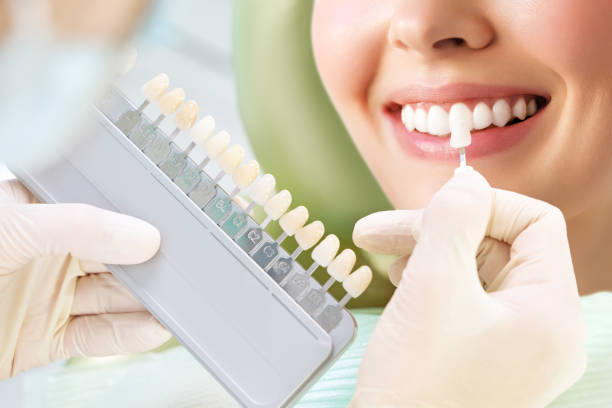
How Does Teeth Whitening Work?
Side Effects of Teeth Whitening: Is it Safe to Whiten Your Teeth?
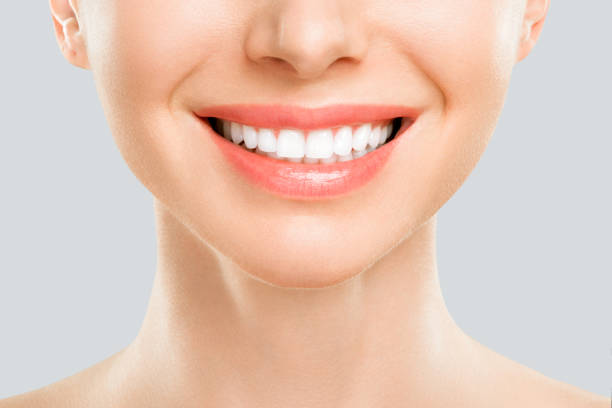
Who Should Avoid Teeth Whitening?
How to Minimize Side Effects of Teeth Whitening?

What is the Safest Method of Teeth Whitening?
Does Teeth Whitening Have Long-term Effects?
Conclusion
For those interested in high-quality teeth-whitening products, Double White offers a range of safe, effective teeth-whitening solutions. Visit teeth-whitening wholesale to learn more and explore premium teeth-whitening products.
FAQs

Answers to Teeth Whitening Questions: Analysis of Frequently Asked Questions

Intimate Care: Whitening Tips for Teeth Whitening Strips

The Definitive Guide to Starting a Teeth Whitening Business with a Powerful Start-Up Package

Illuminate Your Business: The Complete Guide to Wholesale Teeth Whitening Supplies

The Definitive Guide to Choosing a Top Teeth Whitening Manufacturer for Your Brand

OEM Teeth Whitening Strips: Crafting Your Custom Private Label Brand with Double White
About Cooperation Process
What support can I get during the cooperation?
During the cooperation period, we will provide you with professional technical support, marketing suggestions and timely after-sales service.
About Product Choice
What types of teeth whitening products does your company offer?
We offer a variety of product types for you to choose from, including teeth whitening patches, teeth whitening pens, and teeth whitening kits.
About Price and Payment
Do you offer bulk purchase discounts?
Yes, we offer bulk purchase discounts, the specific discount rate depends on the order quantity and cooperation method.
About Customized Services
Can I order customized services?
Yes, you can book customized services through our official website or contact information, and our sales team will serve you wholeheartedly.
Teeth Whitening Powder
How do I use the teeth whitening powder?
Wet your toothbrush, dip it into the powder, and brush your teeth for 2 minutes. Rinse thoroughly with water.

HP Teeth Whitening Alcohol-free Strips HPNA-01
Discover Double White’s HP Teeth Whitening Alcohol-free Strips HPNA-01, the best teeth whitening strips designed for a brighter smile without irritation. Alcohol-free formula ensures gentle yet effective whitening. Achieve professional results safely and easily at home with these top-rated teeth whitening strips.

HP Teeth Whitening Alcohol-free Strips HPNA-02
Double White’s HP Teeth Whitening Alcohol-free Strips HPNA-02 offer effective, gentle whitening without alcohol. These best whitening teeth strips deliver visible results, making them the good teeth whitening strips choice for a brighter smile. Try our whitening strips for teeth today!

Hydrogen Peroxide Residue Free Teeth Whitening Strips RFHP01
Double White Hydrogen Peroxide Residue Free Teeth Whitening Strips RFHP01 deliver the best quick teeth whitening results without residue. These best teeth whitening strips offer safe, effective brightening for a confident smile. Experience one of the best teeth whitening products today.

Hydrogen Peroxide Residue Free Teeth Whitening Strips RFHP02
100% tooth surface residue-free teeth strips represents the latest white teeth technology. This new product has strong adhesion on the teeth, but when peeled off, no gel-like substance remains on the tooth surface, leaving the teeth bright. Like new, no cleaning required.
Send us your inquiry
Reach out to us through the form below or via the contact information provided.
Our dedicated team is committed to providing prompt and personalized responses to all your queries.
Please fill out the fields above with your full name, email address, and comment.
Copyright © 2025 Double White All Rights Reserved. Designed by gooeyun

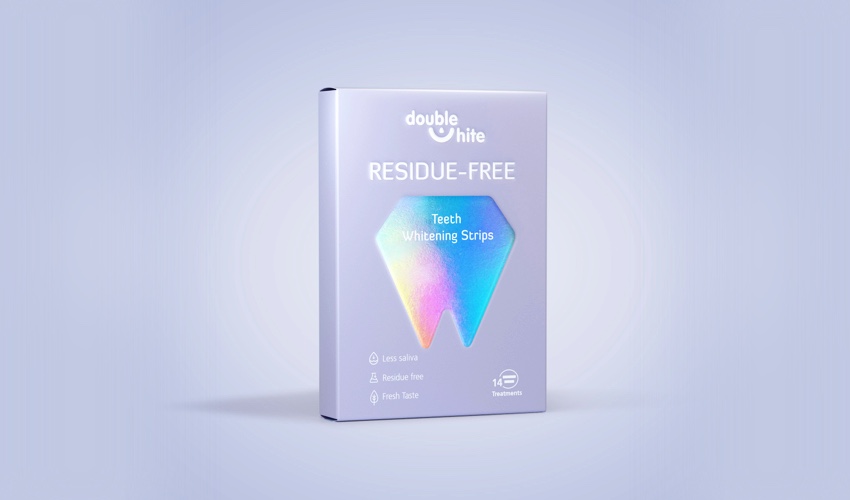
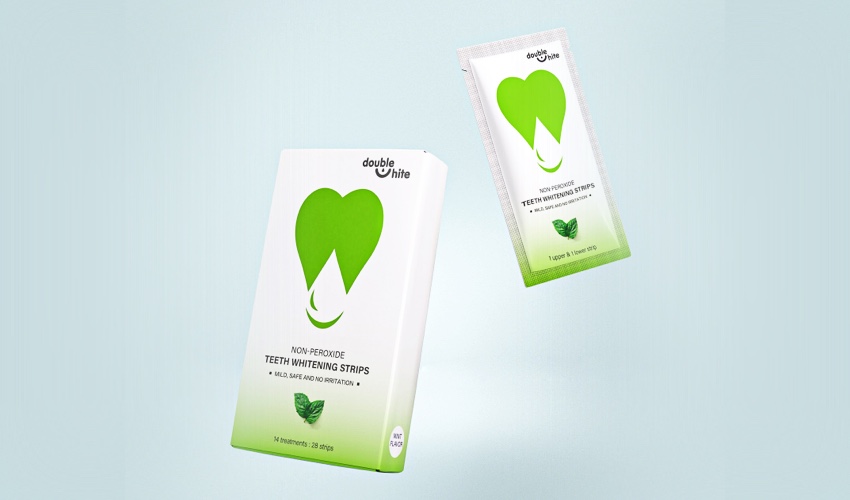
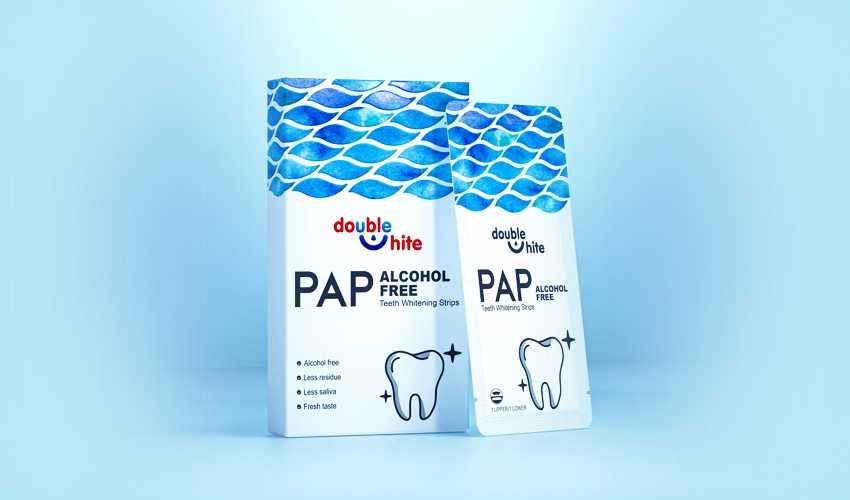
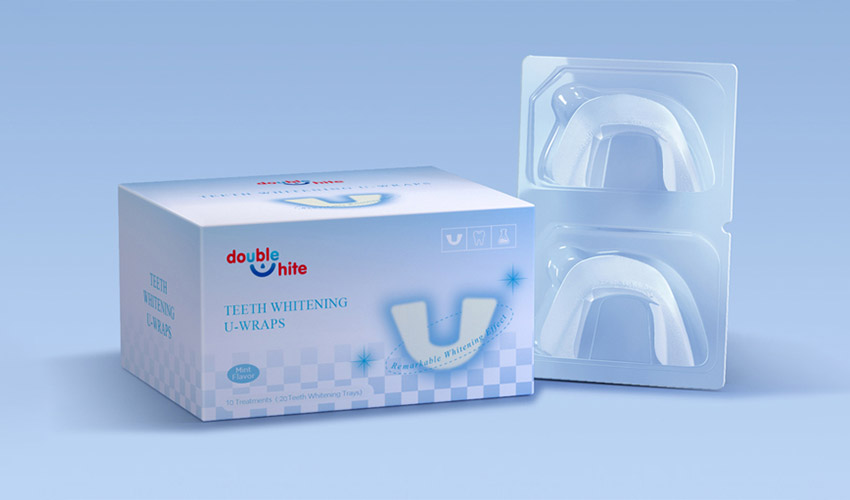
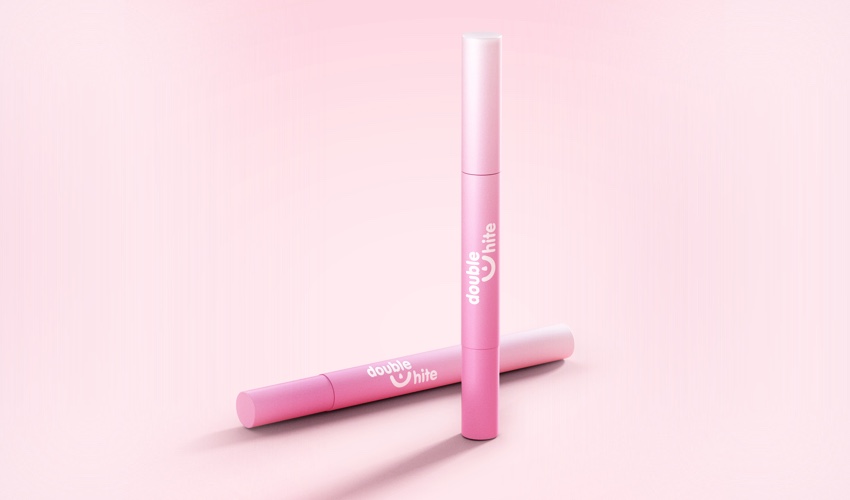
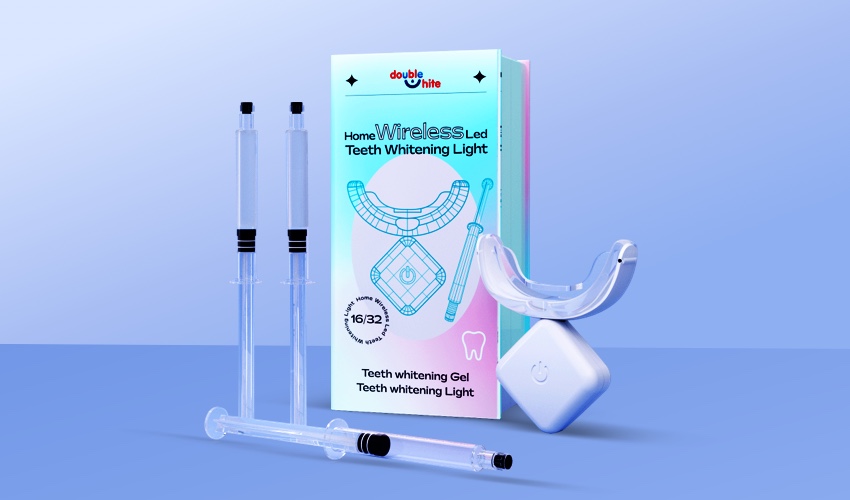
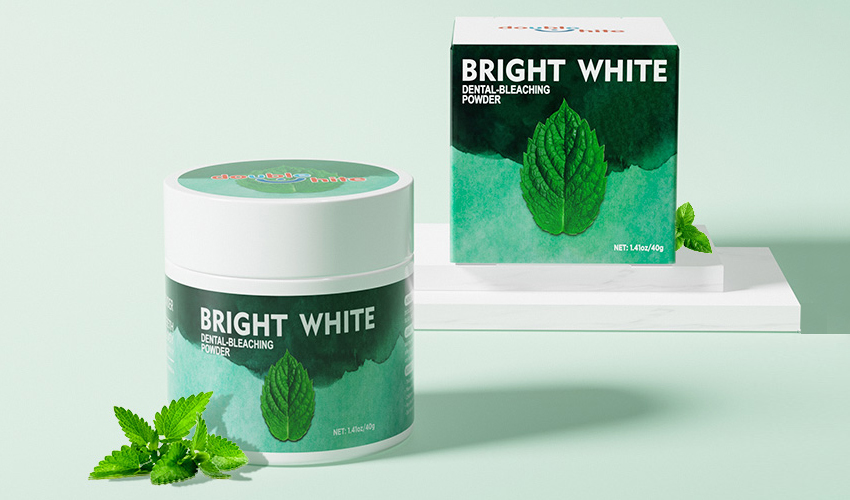






Whatsapp: +8615920313473
cndoublewhite
Doublewhite
doublewhitecn
cndoublewhite
cndoublewhite